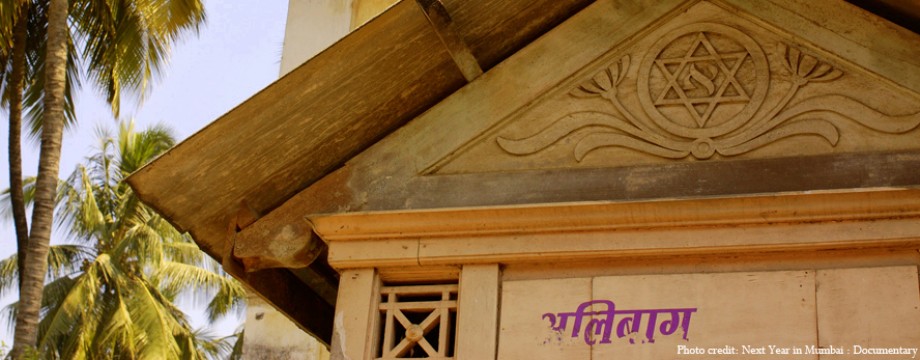In the midst of the Mumbai terrorist attacks, Samson Talkar did something he had never done before on Shabbat: He packed a pistol before leaving for synagogue.
Talkar, a retired chief of homicides with the Mumbai police, was not frightened. But as last week’s terrorist siege on his city entered its third day, the unflappable pensioner considered the situation in which his congregation would be meeting to pray.
“This was the first time anything like this had happened in Bombay,” he explained in a phone interview with the Forward. “So I took my personal revolver with me. If they attack, I told my wife, at least two bullets must come from my revolver.”
The 72-year-old Talkar is a member of India’s B’nai Israel Jewish community, which is thought to be descended from Jews who came to the subcontinent from the Holy Land some 2,000 years ago. Talkar’s place in Mumbai society, as an assistant police commissioner, is a reflection of the integrated role that India’s estimated 5,000 Jews have achieved in the country.
“They have held high positions in the army and the civil service. And they have always been very proud of their heritage,” said Judy Amit, chief operating officer of the American Jewish Joint Distribution Committee and a former country director in India for the organization. “They are very well integrated into the society.”
India’s Jewish communities, which have historically been centered in the cities of Mumbai, Calcutta and Cochin, were estimated to have 40,000 members in 1948. Since then, most have moved to Israel, some to the United States. Those still in India remain ensconced among the country’s countless castes, cults, sects and religions. It is a country in which they have never experienced persecution as Jews.
Against this background, the decision of the terrorist band to include Mumbai’s Chabad center among its targets came as an unprecedented shock.
Unlike in Europe, where many synagogues hold services under heavy security, none of Mumbai’s nine synagogues have received police protection. Many are located in Muslim neighborhoods.
That may change now. According to Talkar, the police in recent days have begun to provide the synagogues protection.
The Chabad house, an outreach center targeting the many young Israelis and other Western Jews who pass through Mumbai, had little to do with these indigenous communities. But its director, Rabbi Gavriel Holtzberg—one of six Jews murdered at the site—was a known figure.
“I used to go to him when I had difficulty on a sermon,” recalled Talkar, who acts as a lay spiritual leader at his synagogue, Shaare Rason. “But I found I didn’t agree with some of his views. They were very Orthodox. But he was a good man. This was an unfortunate incident.”
In Talkar’s personal view—not based, he stressed, on any inside information—the terrorists’ decision to hit Chabad rather than the indigenous Indian Jewish community stemmed from their desire to hit Israelis, who were likely to be found at the center.
Israel, he noted, has been providing India with weapons and high-tech monitoring equipment to support India’s war in Kashmir, the Himalayan state over which Pakistan and India have fought since 1948.
“It says to the Israelis, stop giving India all this material and making them stronger,” he said.
Holtzberg was not the only victim Talkar has met before. Three of Talkar’s closest friends were among the 14 Mumbai police officers killed in the battles.
Talkar, who received the Presidential Medal for Gallantry when he was injured while saving two of his colleagues, is unabashed in his grief.
“Every death is a bad thing,” he said. “But I feel the death of my colleagues more deeply.”
To see the original source and author of this please go to this URL:
http://www.forward.com/articles/14670/
